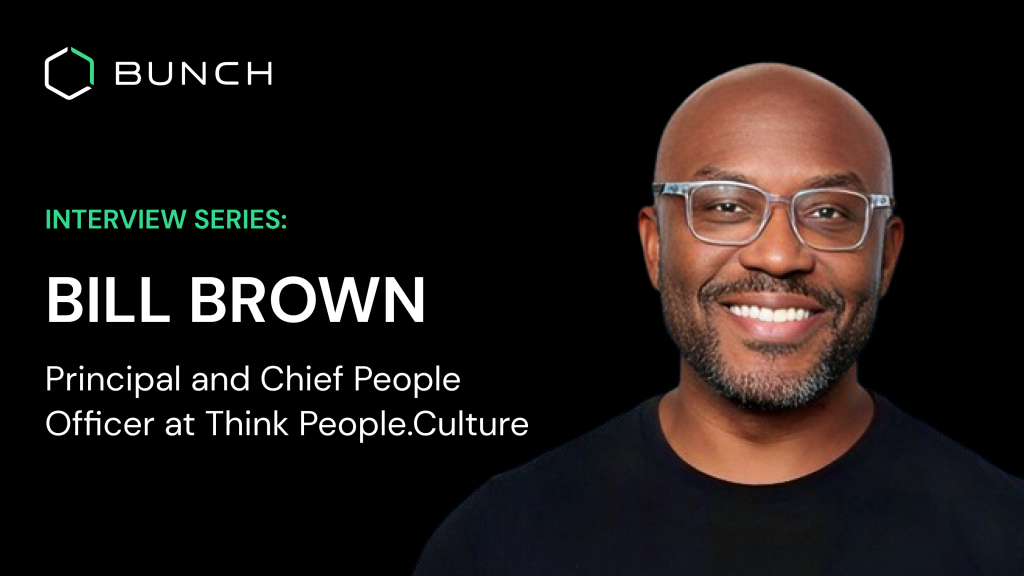
The journey toward becoming a great leader involves acknowledging the need for continuous improvement.
Bill Brown
In this edition of our new Leadership Development Interview Series, we sat down with Bill Brown, whole told us about his experience working with a vast array of different companies, and supporting them on leadership development. He has seen what works and doesn’t and outlined his approach for us.
Bill, can you tell us a bit about yourself and your current role?
I’m the principal and Chief People Officer of Think People.Culture, something I’ve cherished for nearly 5 years. My focus is enhancing employee experience and elevating them towards the future of work. I also write books and help in recruitment, which now constitutes about 60% of our business.
What does leadership mean to you, and which skills do people need to succeed as a leader?
Leadership means influencing, motivating, and aiding others in their success.
Successful leaders require communication skills, storytelling, strong EQ, empathy, relationship management, trust-building, resilience, agility, and the ability to paint a vision. The journey toward becoming a great leader involves acknowledging continuous improvement.
What does leadership development look like at your company? Which tools and programs do you have in place, and how do you currently select new leadership talent to develop?
We like to get an understanding of individual strengths via a 360 review, then support with coaching, emotional intelligence development, leveraging peers and mentors, and multi-modal development. We use customized plans to enhance vulnerability and cascade down to the employee population.
What are some current challenges with leadership development overall in your company? What are hard parts about developing leaders?
Change management is a considerable challenge as people resist shifts in perspective or methods. There’s also a misconception that throwing individuals into leadership positions automatically translates their functional success to people management, which isn’t necessarily true.
Have you considered using AI tools in developing the future generation of leaders? Why/why not?
AI tools have seen some introduction in the last few months, but only about 20-30% of individuals embrace them. However, there’s a growing awareness of their potential, especially in automating repetitive tasks.
What applications of AI seem most promising to you from a leadership development standpoint? Where does AI fall flat?
AI’s potential lies in candidate selection via keyword matching in applicant tracking systems and virtual interviews. It streamlines initial screening but lacks the finesse of human judgment and the understanding of nuances. However, it could efficiently handle repetitive tasks.
To learn from more experts on how to grow leaders at your company, check out our full list of interviews here.
If you’re looking to grow future leaders at your own company, get in touch to see how Bunch can enable you to give every person in your company a personalized, continuous development program in just 2 minutes a day.





